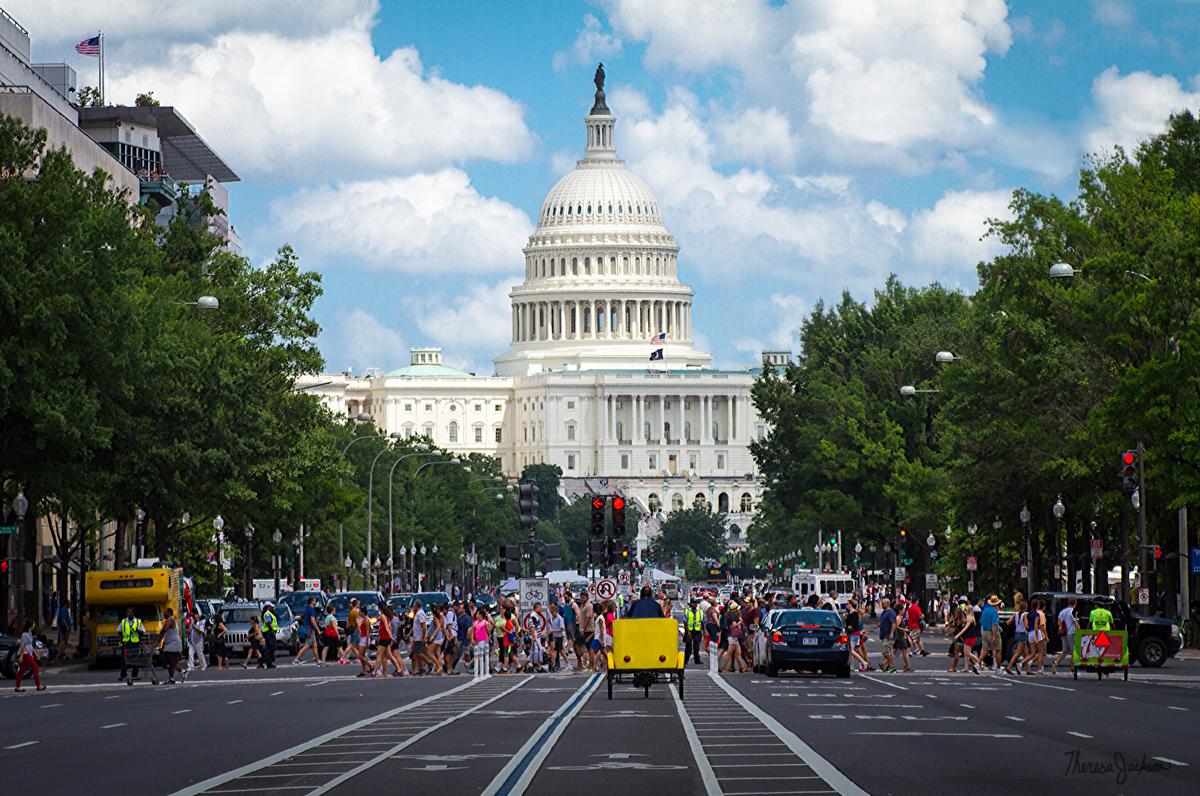Could pursuing the rational, clinical urbanism of smart cities destroy the charming chaos of traditional city life without delivering all the benefits it promises? It’s something worth considering.

Integrating technology into urban systems to create seamless multi-modal transport infrastructure or smart electricity grids, for example, can make a city more efficient. But there are pitfalls and limitations.
[infobox]Smart cities risk favouring people who already know how to use tools such as smartphones. This may lead to a digital divide.[/infobox]To start with, having the tools is not the same as being able to use them. Smart cities risk favouring people who already know how to use tools such as smartphones. This may lead to a digital divide. It may even reinforce existing inequalities – by social group, age (63% of over 65s do not have access to the internet in the UK), or even gender.
Then there is the enormous challenge of integrating technology into urban design. Commentators rightly fret about the impact on urban aesthetics (think CCTV masts in conservation areas) and privacy. In London, the CCTV capital of the world, nearly every movement of a person is now recorded and traceable on public and private security systems.
From our partners:
But just as we shouldn’t rely on CCTV to cut crime, so we shouldn’t rely solely on technology in other areas of city life. For example, simply following a satnav’s directions can diminish your own navigational and intuitive abilities. Technology as an enabler might be fine in the short term but it risks creating a culture of e-dependency.
There is also the opportunity cost of competing needs. Mayors have many demands on their city budgets. Would the money be better spent elsewhere? Some technology applications might be rightly dismissed as expensive trophy projects that will mean street sweeping and bus services suffer.
[infobox]But just as we shouldn’t rely on CCTV to cut crime, so we shouldn’t rely solely on technology in other areas of city life. Technology as an enabler might be fine in the short term but it risks creating a culture of e-dependency.[/infobox]In a time where the public purse is shrinking, there is little doubt that private financing will be both necessary and desirable. This poses a challenge to the underlying economic model of the smart city. It raises questions – what is being sold? What real value does it bring? And are we comfortable with the not so subtle ‘below the line’ monitoring some of these applications entail?
Using technology to understand and respond to people’s behaviours raises privacy and security issues. Recent snooping scandals have undermined confidence in the safety of digital data, and raised ethical concerns that need tackling. Mapping people flows through phone signal data, as the Real Time Rome project did for instance, can be beneficial in understanding urban dynamics; but tracking individuals’ movements leaves us feeling uneasy.
You could even go so far as to say that the routine way in which some products monitor activity to dictate decision-making is undermining civic governance. In the rush to make our cities smarter, city leaders may be abrogating themselves of the duty to protect their citizens’ privacy; and of their responsibilities as leaders.
If an increasing number of the daily decisions of city management are left to automated systems, we need to make sure this is not at the expense of political accountability. As Marc Goodman argued in his Thoughts post on disruptive technologies, cities could also be putting their systems at risk from hackers.
[infobox]”the challenge and opportunity is about urbanising technology, not using technology to ‘deurbanise’ the city”[/infobox]There is no doubt that technology offers wide-ranging opportunities and benefits for cities, or that the smart city can be a powerful force for change. But this should not come at the expense of the broader social and aesthetic attributes so highly valued by inhabitants and visitors.
As Saskia Sassen, an urban thinker and Professor of Sociology at Columbia and the LSE has said, the challenge and opportunity is about urbanising technology, not using technology to ‘deurbanise’ the city. City leaders and the decision-makers and companies that help shape the 21st century city should always bear this in mind.
This article originally appeared in Arup.

















